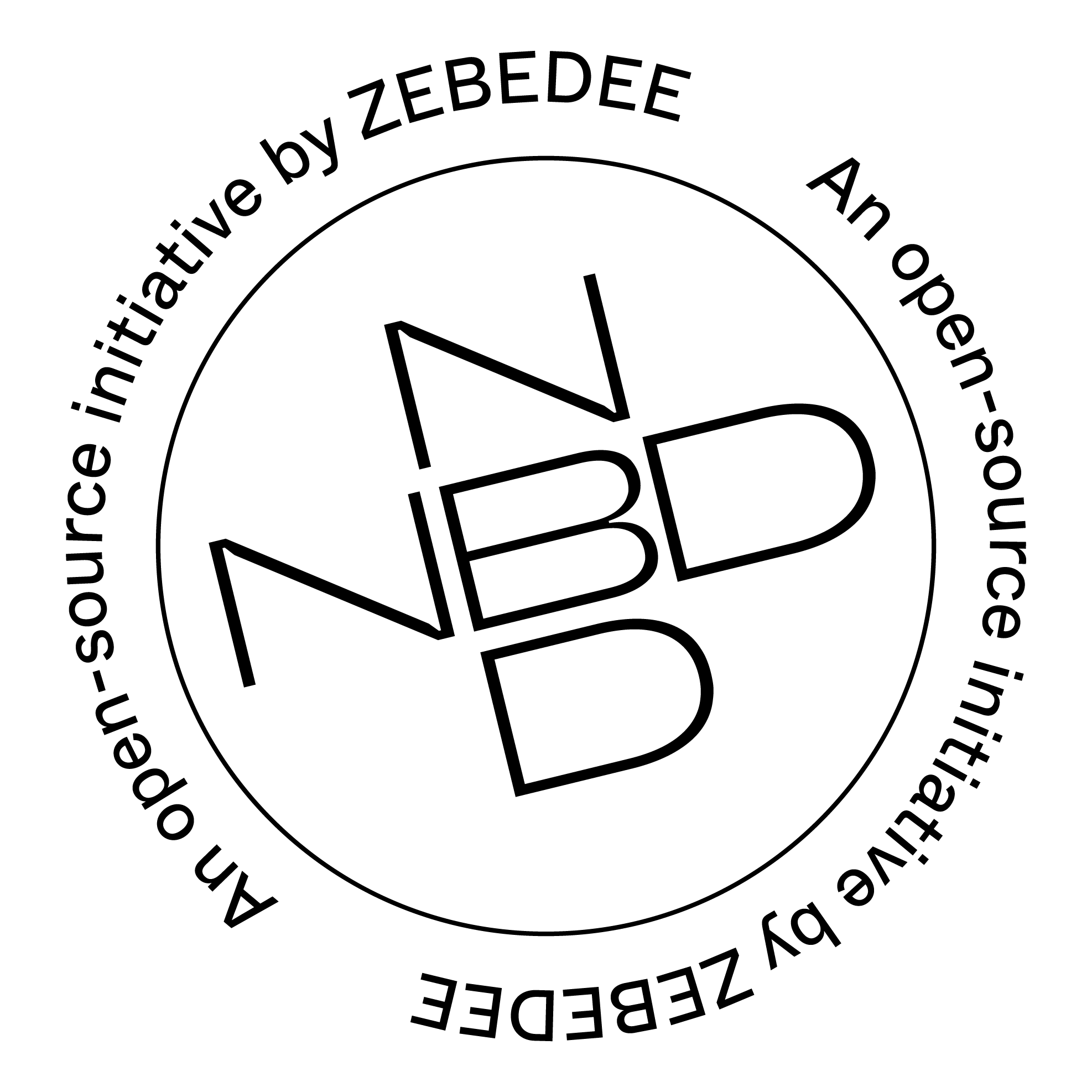emeralize is a Lightning-enabled marketplace (ecommerce) and Learning Management System (LMS) that has the ability to enable learn-to-earn on free and paid content.
- Learning Management System
- Content Management System
- Marketplace
- Wallet & Transaction System
- Paywall
- Value-4-Value (V4V) Content
- Tipping
- Payment Splitting (courses and ebooks)
- Bitcoin Lightning Payments
- Automatic Withdrawals to Lightning Address
emeralize is built on the django web framework.
It has a few main apps:
- emeralize. This is the project settings. Check `emeralize/settings.py``.
- Accounts. Which deals with authentication things such as registration, login, reset password, and more.
- Criticalpath. This is the main learning management system app.
- Marketplace. This is where the ecommerce, wallet, and transactional features live.
- Everything else is just for files and some one off template for auth. I know it's bad but I haven't had time to refactor it.
- Blogs
- Ecommerce
- Learning Management System
Rename the .env.example file to .env and fill out the required settings.
First ensure that you have python installed. if not, install it.
Clone the repo.
git clone https://github.com/nbd-wtf/emeralize.git
Create a new virtual environment:
python3 -m venv env
Activate the environment:
source env/bin/activate
Navigate to the app directory, then install the requirements.txt.
cd app && pip3 install -r requirements.txt
OK, now you have the requirements. Let's make migrations and execute the migration. This will build all the tables from your database. This is viewable for each app in the m odels.py files in their respective directories.
python3 manage.py makemigrations && python3 manage.py migrate
boom.
Now, let's create a super user. Part of the nice thing about django is you get a free admin panel.
python3 manage.py createsuperuser
Fill out the prompts for your information. Once you have the super user created, go ahead and run the server.
python3 manage.py runserver
Now, let's go to our admin panel. https://localhost:8000/admin/
Create a transaction type with the type Debit FIRST. This will be 0. Create a transaction type with the type Credit SECOND. This will be 1.
Create the following named EXACTLY as they appear. Assign each with transaction type 0:
Split PayoutWithdrawal
Create the following named EXACTLY as they appear. Assign each with transaction type 1:
Workshop PurchaseEbook PurchaseSplit PaymentResource RewardCourse PurchaseResource PurchaseTip
You're now all set to use emeralize locally. You can follow this guide to see how to deploy the app to namecheap. If there's interest I can write a guide for AWS deployment.
